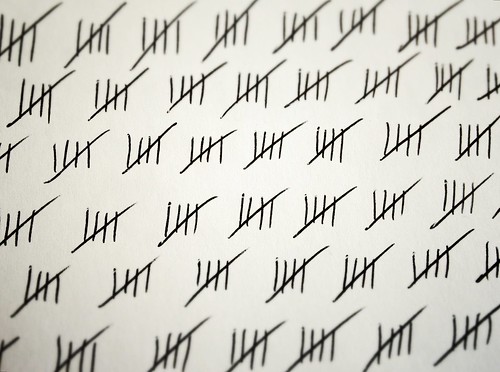
Word counts: a phrase that strikes utter apathy in the hearts of people everywhere. Well, most people. If you’re a writer or editor, you probably care (at least some) about word counts. They are a rough measure of the size of a piece of writing, and in shorter works (journal articles, short fiction, etc) they can be a measure of effort for use in paying writers. Typically book-length work is paid based on unit sales and/or other complicated algorithms so it matters less how many words something is once it reaches that scope. Now, determining what lengths qualify as “novel” versus, say, “novella” is a whole other discussion, but let’s focus on the fact that word counts are used to determine relative size and values for works that tend to be collected or anthologized.

